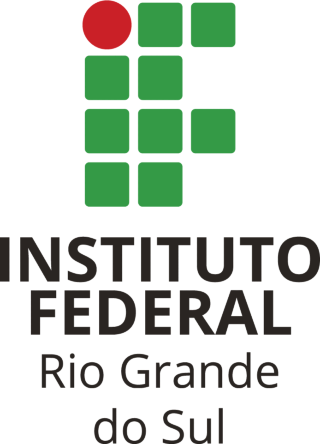De onde vêm as histórias? Um compêndio para identificação, registro e organização de dados memoriais do IFRS
| Title: | De onde vêm as histórias? Um compêndio para identificação, registro e organização de dados memoriais do IFRS |
| Author: | Cataneo, Caroline |
| Abstract: |
A memória e a identidade são categorias centrais para as ciências humanas e sociais, sendo que os dois conceitos estão intrinsecamente ligados. A memória pode ser compreendida, sobretudo, como um fenômeno que ocorre socialmente, na teia de relações que os diferentes grupos estabelecem entre si. E é a partir desta relação que se manifesta o conceito de identidade social, como sendo a imagem que um grupo estabelece de si com referência ao outro. Nessa direção, as questões que se abrem são: o que nos caracteriza enquanto instituição e nos diferencia das demais? De que maneira o resgate da memória do Instituto Federal de Educação, Ciência e Tecnologia do Rio Grande do Sul pode contribuir para responder a esse questionamento? A pesquisa procura analisar, portanto, de que forma esses conceitos se articulam com o Programa Institucional Núcleo de Memória do IFRS, tendo como objetivo principal o desenvolvimento de um produto educacional que oriente e forneça subsídios teóricos e práticos para o trabalho do grupo. A base teórica utilizada na pesquisa – e por consequência no produto – é bastante diversa, abrangendo, em especial, a área de memória e identidade Halbwachs (2002), Michael Pollak (1989, 1992), Joël Candau (2006, 2018), Paul Ricoeur (2007), Eclea Bosi (1994), Myrian Sepúlveda dos Santos (2003), Stuart Hall (2014) e Pierre Nora (2009). As bases teóricas da Educação Profissional e Tecnológica também são empregadas no trabalho com: Ciavatta (2012), Ciavatta e Ramos (2011), Saviani (2007) e Frigotto (2018). A metodologia utilizada na pesquisa aplicada é de natureza qualitativa. Com relação ao objetivo, compreende-se o estudo como descritivo com os seguintes instrumentos de pesquisa: entrevistas semiestruturadas e questionários, que serviram de base – juntamente com o corpo teórico analisado – para o desenvolvimento de um material de ensino em formato de compêndio. Memory and identity categories are central to the humanities and social sciences, since the two concepts are intrinsically linked. Memory can be understood, above all, as a phenomenon that occurs socially, in the web of relationships that the different groups establish among themselves. And it is from this relationship that the concept of social identity manifests itself, as the self-image that a group establishes with reference to the other group. In this direction, the questions that arise are: what defines us as an institution and differentiates us from others? In what manner can the retrieval of memory from the Federal Institute of Education, Science and Technology of Rio Grande do Sul (IFRS) contribute to answer this question? The research aims to analyze, therefore, in what way these concepts are articulated with the IFRS Memory Center Institutional Program, having as main objective the development of an educational product that guides and provides theoretical and practical subsidies for the work of the group. The theoretical basis used in the research - and consequently in the product - is quite diverse, covering, in particular, the area of memory and identity of Halbwachs (2002), Michael Pollak (1989, 1992), Joël Candau (2006, 2018), Paul Ricoeur (2007), Eclea Bosi (1994), Myrian Sepúlveda dos Santos (2003), Stuart Hall (2014) and Pierre Nora (2009). The theoretical bases of Vocational and Technological Education are also used in the study with: Ciavatta (2012), Ciavatta and Ramos (2011), Saviani (2007) and Frigotto (2018). The methodology used in the applied research is of a qualitative nature. With respect to the objective, it is understood as a descriptive study with the following research instruments: semi-structured interviews and questionnaires, which served as a foundation - together with the theoretical body examined - for the development of a teaching material in the form of a compendium. |
| URI: | https://dspace.ifrs.edu.br/xmlui/handle/123456789/182 |
| Date: | 2020 |
Files in this item
| Files | Size | Format | View |
|---|---|---|---|
| 123456789182.pdf | 10.35Mb |
View/ |



